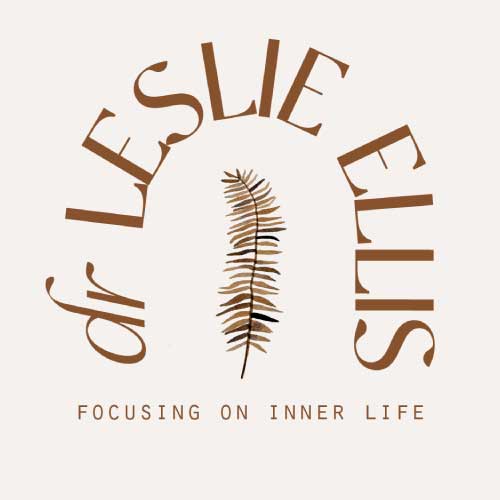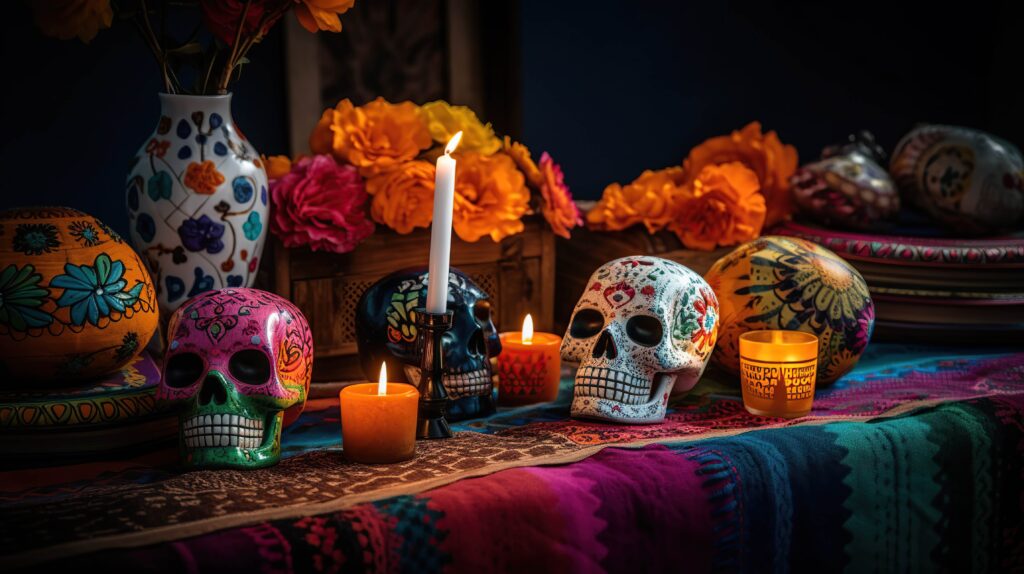In my daydreams, my grandmother and I sit on beach chairs and look out at the ocean. We’re on a deserted beach like something from Pirates of the Caribbean. She’s always there, contentedly sitting in a low-slung Adirondack chair amongst the grass tufts and dunes. When I drop in, she often tells me to slow down…
The secret is out: most of us maintain a conversation with deceased loved ones, in the form of dreams, sense of presence and/or some form of direct communication (telepathy, imagination, visitation…?) This recent finding by the Pew Research Centre is corroborated by the work of grief dream researcher Joshua Black, who says that dreams of the deceased tend to ease the process of grieving, offering messages of comfort and assurance.
Black became interested in grief dreams when he had a visitation in a dream about his father three months after his death. His dad had died suddenly, plunging Black into grief he described as numbness, “as if all the color had drained from the world.” In the dream, Black said his dad had an uncharacteristic lightness about him. “It was the first time I saw him peaceful.”
In the dream, Black got to tell his dad he missed and loved him. After that, the color returned to his world, and Black decided to devote his life’s work to researching dreams of the deceased. The desire to maintain continuing bonds with the dead is a key factor in such encounters and this is what Black continues to study.
For example, in 2020, he investigated the question: “Why are some dreams of the deceased experienced as comforting, while others are distressing?” In his study with 216 participants whose partner had died, he and his colleagues found that bereavement dreams appear to serve at least three distinct functions: they can assist with processing trauma; they can serve to maintain a bond with the deceased; and/or they can help regulate emotion. Taken together, these functions may “actively facilitate adjustment to bereavement.”
The recent Pew Research Centre study found that more than half of U.S. adults were visited in their dreams, or in some other way, by a dead family member. A third said they ‘felt the presence’ of a deceased relative, 28% said they told the dead relative something about their life, and 15% experienced the deceased communicating to them.
It turns out to be quite normal to have an ongoing relationship with loved ones who have passed away. Dreams, inner conversations and visitations are the typical forms this can take. A full 53 percent of the 5,079 surveyed said they experienced at least one of these interactions in the past year. This experience is more common to women than men, and greater amongst those who are moderately (but not highly) religious.
A question that arises is whether the dead have indeed spoken, through dreams or telepathy, or whether we are creating a personal representation of the loved ones we have lost when we dream about or speak to them. This depends greatly on what you believe about the nature of death and the possible continuity of consciousness beyond it. I like to think the dead really visit, similar to what those in Latin countries believe happens during the Day of the Dead rituals and celebrations.
Many cultures believe the deceased maintain communication with loved ones – and it is this belief that is at the centre of the Day of the Dead celebrations. During this period, which actually lasts several days, it’s believed that the border between living and spirit worlds dissolves, and souls of the dead return to feast and play with their loved ones.
Regardless of belief around the true nature of communication from those who have passed away, we know that maintaining a connection with the dead is common, and that it helps with the passage of grief and beyond. I still talk to my grandmother in my imaginal journeys, I feel her presence when I’m gardening and sometimes, just when I need it. I am heartened to discover that I am not alone in these comforting encounters.
Black, J., Belicki, K., Emberley-Ralph, J., & McCann, A. (2022). Internalized versus externalized continuing bonds: Relations to grief, trauma, attachment, openness to experience, and posttraumatic growth. Death studies, 46(2), 399-414.
Tevinton, P. & Corichi, M., 2023. Many Americans report interacting with dead relatives in dreams or other ways, Pew Research Center. United States of America. Retrieved from https://policycommons.net/artifacts/4775476/many-americans-report-interacting-with-dead-relatives-in-dreams-or-other-ways/5611706/ on 30 Aug 2023. CID: 20.500.12592/wcfmq3.

